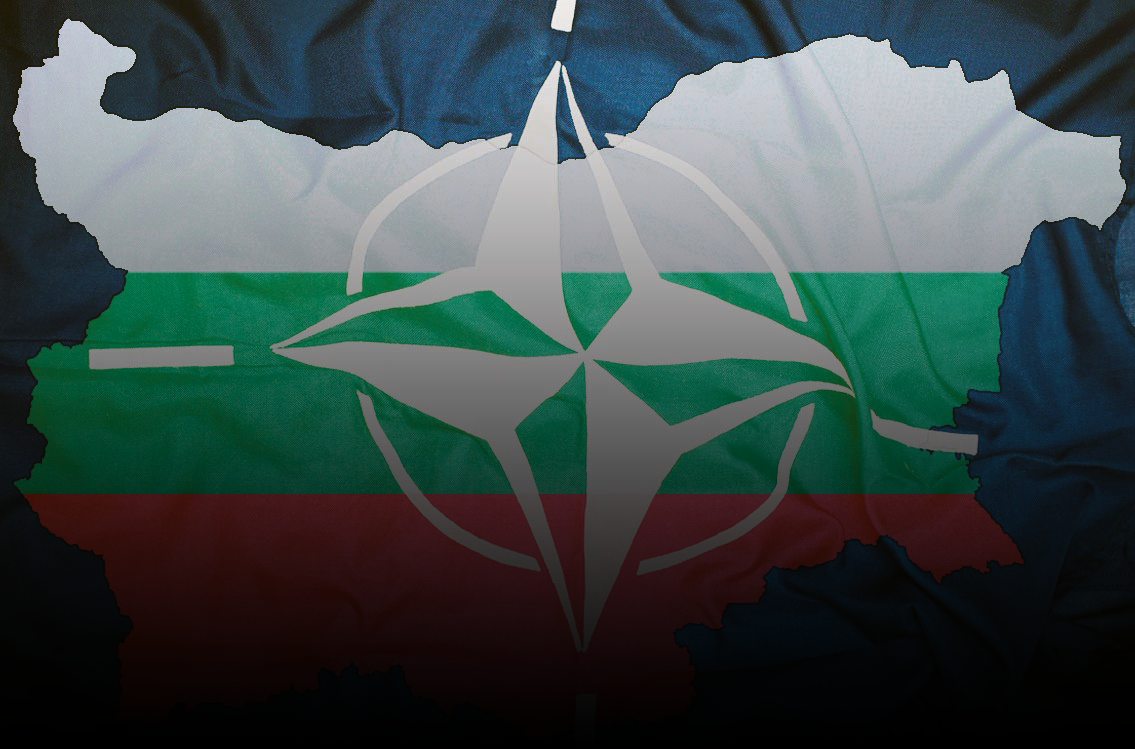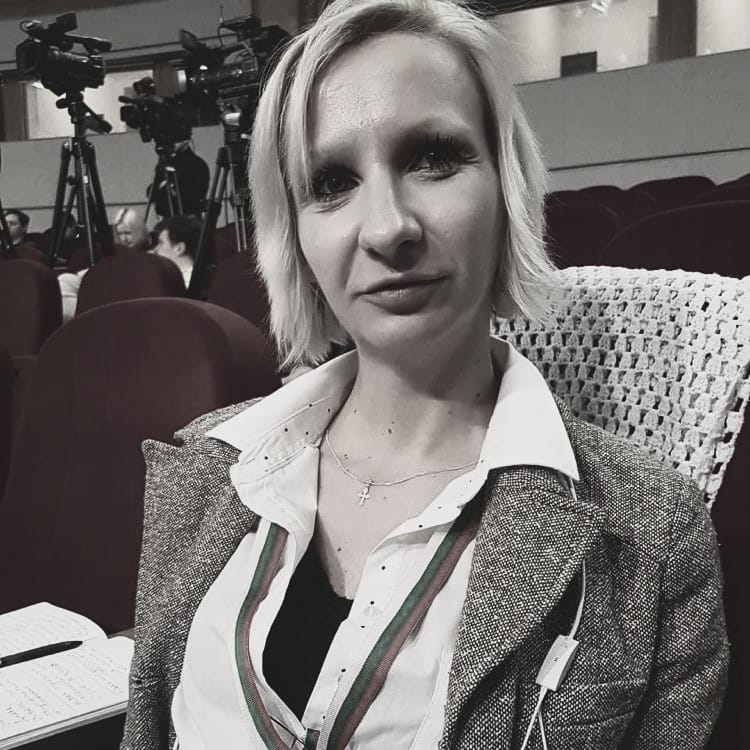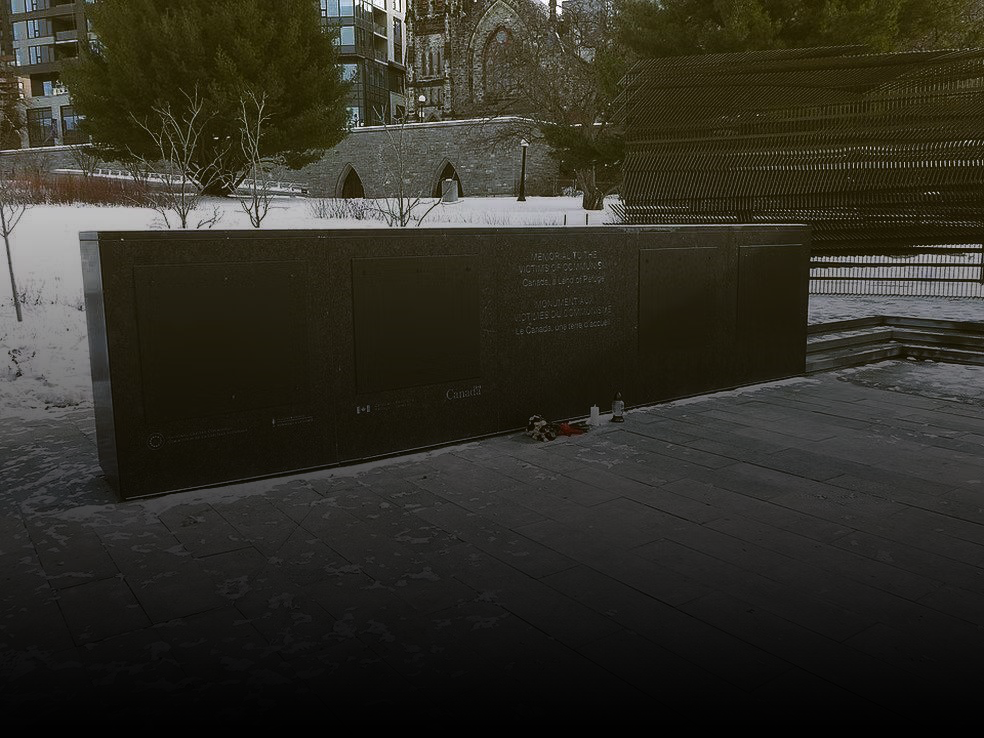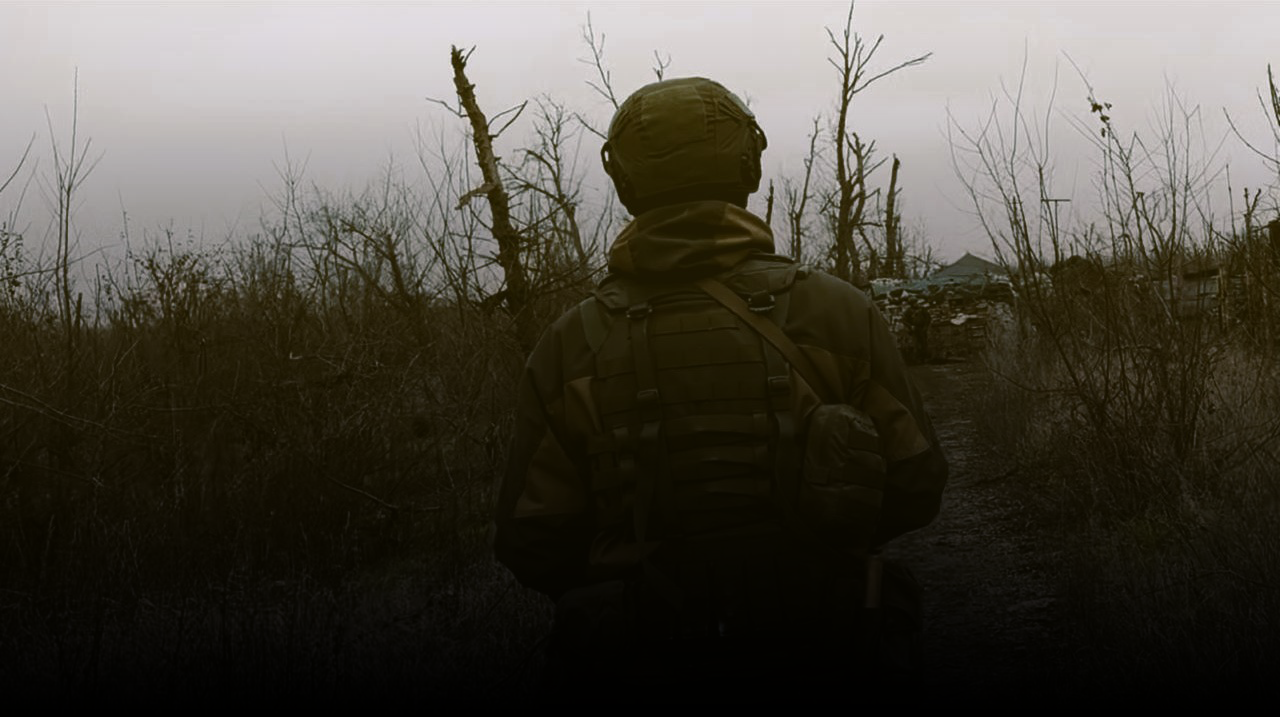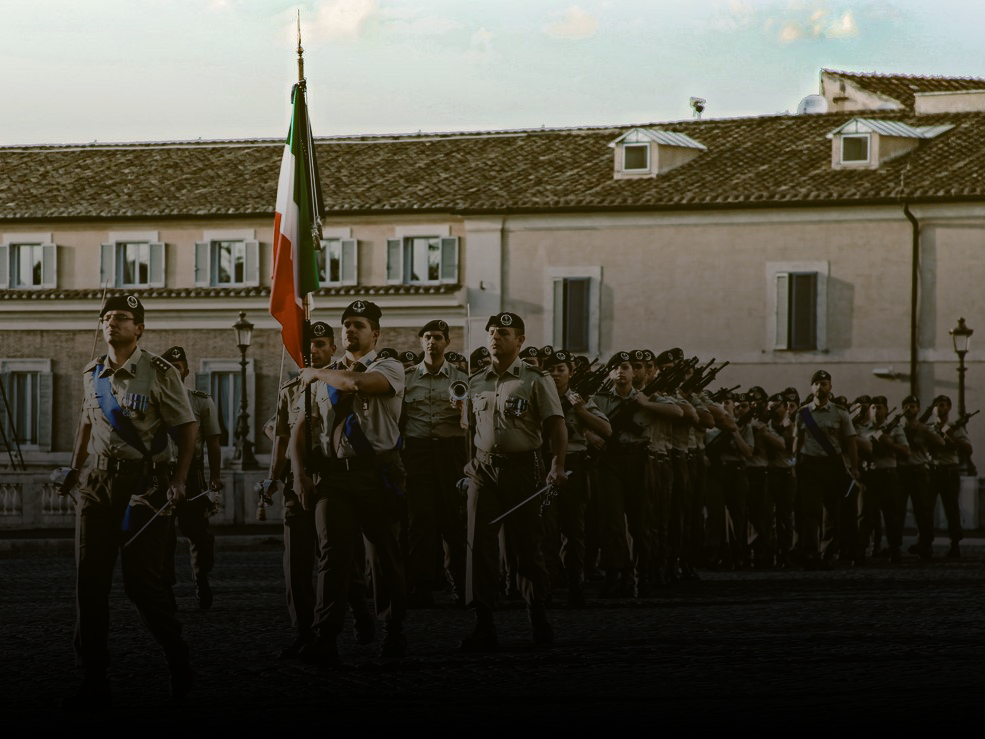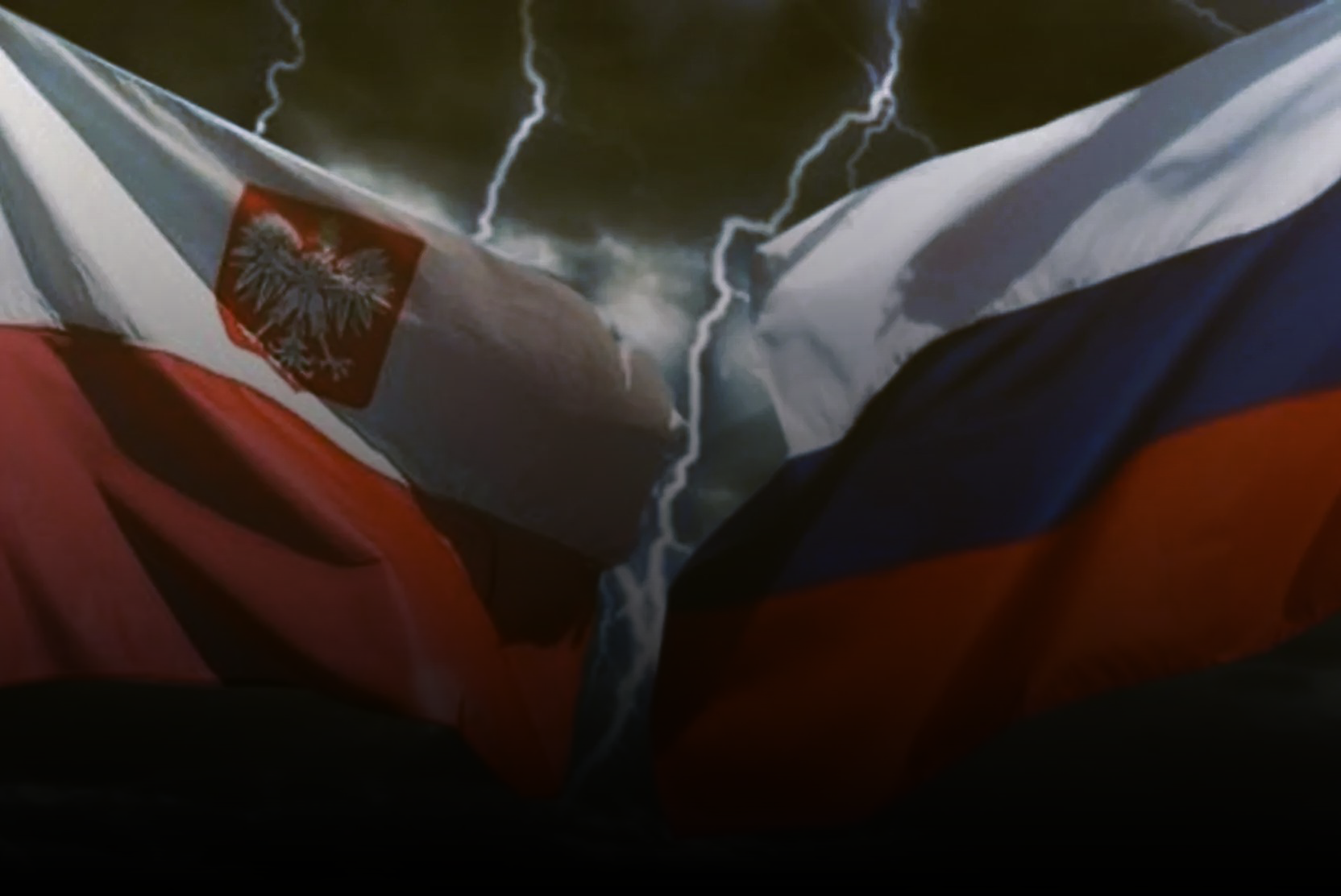Bulgaria in the all-Western Strategy of War
NATO and the EU will use Bulgaria as a territory for the production of weapons for the Kiev regime
Let us start with the well-known facts as of today — what lies on the surface — and then try to look deeper. The facts are as follows: Bulgaria is a member of the EU and NATO, currently in a prolonged political crisis; its government is mercenary in nature, meaning it does not care for the country’s national interests but instead serves the goals and objectives of its Western curators. The population — that is, the people of Bulgaria — is, as hostile structures like to say, “pro-Russian.” In reality, it is not “pro-Russian” but rather historically and spiritually connected to Russia, especially through the blood shed on Bulgarian soil during the Russo-Turkish War of Liberation.
As the chief “agent” of the Kremlin in Bulgaria, Nikolai Malinov (Secretary General of the International Movement of Russophiles), said during his visit to Crimea: “It is impossible to love Bulgaria without loving Russia, and impossible to love Russia without love for Bulgaria.”
In the context of the large-scale war being prepared before our very eyes by Western strategists and dark forces, Bulgaria has a special role assigned to it. Setting aside any naïveté, one must first recognize the danger: all the loud statements made by various European pseudo-leaders and “coalitions of the willing and eager” about sending troops into Ukrainian territory are, in reality, a form of preparation — informational preparation of society. The goal is to make people subconsciously accustomed to militaristic rhetoric.
After all, the West has not abandoned its plans to continue military actions. Nor will it.
Talks about the need for negotiations began precisely at the moment when the West started to realize and sense that Russia was advancing actively on all fronts — and would continue to advance until every goal and objective of the Special Military Operation was achieved. There are simply no alternatives. That was when the West decided: “Perhaps we should talk.” Not because they want peace or a peaceful settlement in Ukraine. Of course not — otherwise, what was the point of pouring so much money and so many NATO “advisers” into the flames of war?
The United States decided that the whole endeavor had become too costly — especially since Ukraine, which they had chosen as a testing ground for military technology and pharmaceutical experiments, turned out to be incredibly corrupt. And so, a convenient appendage in the form of the EU comes to the aid of the pragmatic Americans.
The U.S. objectives are as follows: to whitewash itself — hence Trump, upon returning to the White House, declared himself a peacemaker and began actively “making peace” everywhere — and to make money, since Biden had spent too much, and Americans don’t like that. They prefer to profit from everyone else. That’s why the show was immediately staged with Hollywood enthusiasm — the U.S., allegedly, is for peace; they will stop giving weapons and money to Ukraine.
Meanwhile, Europe, if it so wishes, can buy weapons from them — the “peacemakers” — and pass them along to Zelensky. It is also important that Europe completely abandon Russian gas, oil, and other resources — because, after all, they can buy expensive liquefied gas from the U.S. instead, considering how much America has already spent on Zelensky. And all of this should appear entirely voluntary within Europe — as if to say: “Why would we need Russian energy? We’re crazy about sanctions! For ideological reasons, we’ll reject beneficial Russian supplies even at the expense of our own economy — as long as the U.S. gives us a pat on the back.”
In general, Trump became quite inspired by his own leadership, declaring something along the lines of, “They listen to me in Europe and in NATO, and they do what I say.” The quote may not be exact, but that’s the essence. Quite the achiever, in short.
Now, let us turn to the facts concerning the militarization of Europe and several remarkable visits to Bulgaria this summer
The visit of Admiral Cavo Dragone* took place at the invitation of Admiral Emil Eftimov**, Chief of the Bulgarian General Staff (it should be noted that he once met with representatives of the Main Intelligence Directorate of the Ukrainian Ministry of Defense to “discuss” what type of arms could be delivered behind the backs of the Bulgarians).
* Admiral Giuseppe Cavo Dragone — the current Chairman of the NATO Military Committee since 2021. Before that, he held senior positions in the Italian Navy, including Chief of the Italian Navy General Staff (2019–2021).
** Emil Eftimov is a Bulgarian naval officer and admiral. Since 2020, he has been the Commander-in-Chief of the Bulgarian Armed Forces
At the Novo Selo training range, Admiral Cavo Dragone was shown the activities of NATO’s Multinational Battle Group, as well as a static display of allied weaponry and equipment. Italy serves as the framework nation for the battle group, while Bulgaria acts as the host nation.
According to military sources, the visit of the Alliance’s highest-ranking military official was connected not only to the current activities of the battle group but also to several key strategic projects. Among them are the construction of new military bases in the regions of Kabile and Bezmer, as well as the development of “rapid corridors” for military mobility within NATO. We can reasonably assume direct funding of these initiatives by the organization itself.
This becomes even more likely if Bulgaria is drawn into the Eurozone — a step planned for January 1, 2026 — despite widespread protests by Bulgarians, who are strongly opposed to the introduction of the euro. If this occurs, Bulgaria will bid farewell to the last remnants of its sovereignty, including financial independence, since the entire national budget will fall under the control of the European Central Bank (ECB). Funds will then be distributed as the European authorities see fit. Considering the ongoing discussions about the need to adjust Europe’s defense budgets (and, incidentally, the 5% contribution that Trump occasionally reminds them of), such a prospect is not far off.
If we also take into account the information warfare — namely, that Russian media resources are being blocked across Europe (something that, incidentally, has happened for the first time in modern Bulgarian history) — it becomes clear that people, for example, cannot watch Russian news or television channels and therefore cannot obtain objective information, but only what Western mainstream outlets provide. Thus, in many European countries, there is no full understanding of the objective reality of current events.
But let us return to the visit of the Italian admiral. Why did he come to Bulgaria?
Support for NATO’s eastern flank
NATO is strengthening its presence in Eastern Europe, and the visit is connected, among other things, with an assessment of the Bulgarian army or the coordination of “assistance” to Ukraine.
Bulgaria is a key country on the Alliance’s southeastern flank, especially given its geostrategic location on the Black Sea. And the fact that, for example, Bulgaria’s maritime capital—Varna—faces Crimea is the sort of detail NATO pays very close attention to.
A closed-door discussion of NATO’s regional strategy was held in Sofia, including issues of cybersecurity, air defense, and military supplies on the eve of preparations for the next NATO summit.
Admiral Giuseppe Cavo Dragone’s visit to the Novo Selo training range and his familiarization with the NATO multinational battlegroup indicates a strengthening of the role assigned to Bulgaria in NATO’s strategy.
Expansion of NATO’s military presence in Bulgaria? Yes, NATO is not merely “visiting” Bulgaria, but entrenching itself there on a long-term basis. And this is being done just like that.
New bases in Kabile and Bezmer are part of plans to reinforce NATO’s eastern flank.
Base in Kabile (near Yambol) — already used for joint exercises, but may be expanded into a permanent NATO base.
Bezmer (near Yambol) — a logistics hub for the rapid redeployment of troops (“rapid corridors”).
“Rapid corridors” — infrastructure projects (roads, rail, ports) for accelerated redeployment of troops and equipment in the event of a crisis.
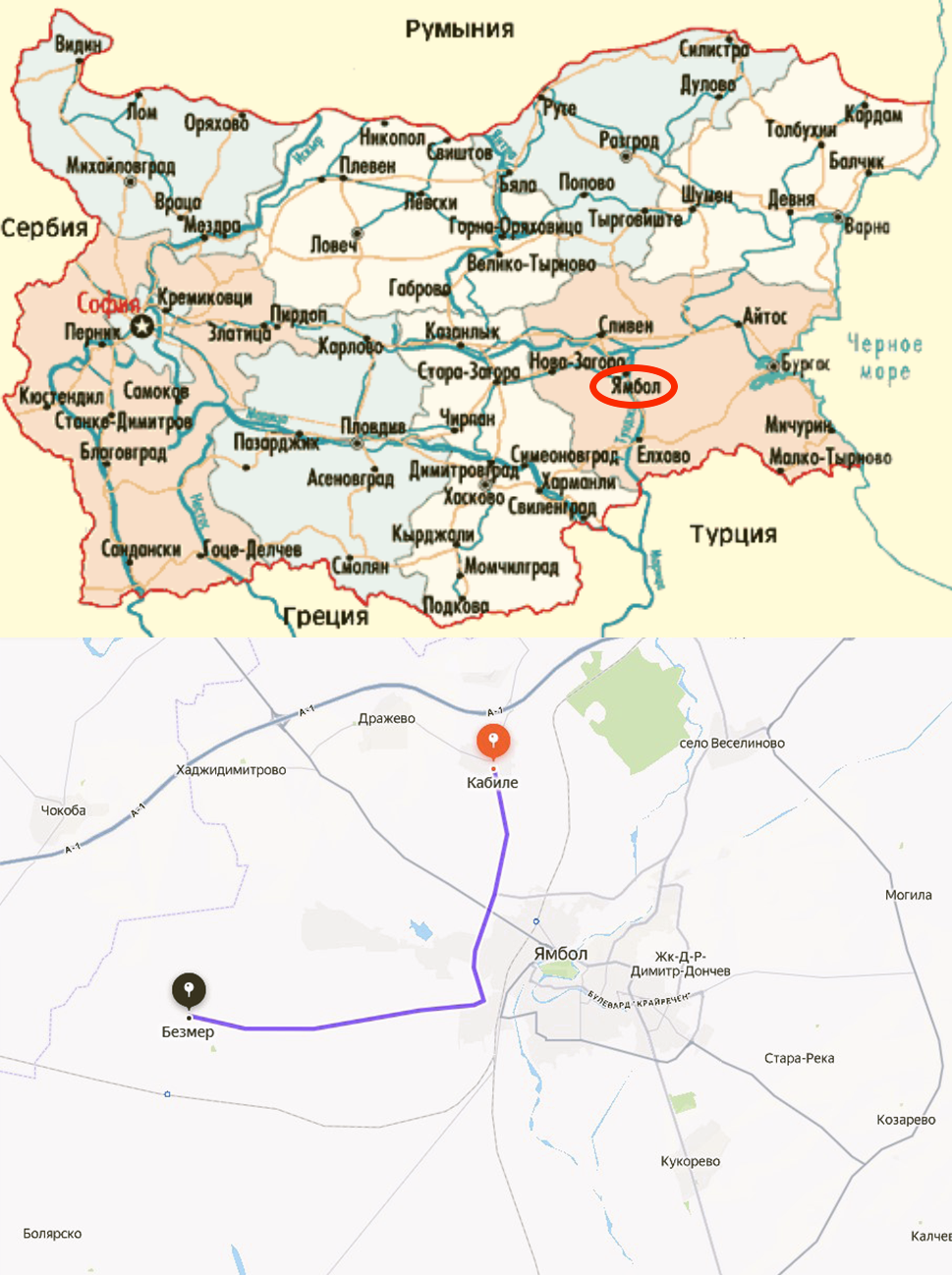
“The construction of military facilities within the Kabile garrison area is a strategic step toward strengthening the defense capabilities of the Republic of Bulgaria and NATO. It will provide the necessary infrastructure for the deployment and support of the multinational battle group, as well as the possibility of its expansion,” — according to documents of the Council of Ministers of the Republic of Bulgaria.
The area around Kabile is very convenient and important for both the Bulgarian army and NATO, particularly for the deployment of a military base. A military zone has existed there for many years. In addition, there is a military airfield in Bezmer, a large civilian airport in Sarafovo nearby, well-developed railway infrastructure, relatively fast access to the sea, and close proximity to the training range in Novo Selo.
As early as July 2023, it became known that NATO planned to form a powerful brigade for Bulgaria composed of well-trained units from several countries. The then Prime Minister, Nikolay Denkov, stated that this would increase the number of Alliance troops fourfold. According to the approved plans for regional “protection” against Russia — the first such plans adopted since the Cold War — the current NATO battalion battle group in Bulgaria is to be expanded into a brigade.
By NATO standards, a battalion battle group consists of approximately 1,300 service members, while a brigade numbers around 5,000 — roughly four times larger. In practice, a brigade includes several battalions.
At present, Bulgaria hosts one battalion battle group numbering about 1,200–1,300 personnel, with Italy serving as the framework nation. The United States has provided a company of Stryker armored vehicles. The United Kingdom has deployed a company from the Royal Irish Regiment of the British Army; Greece has contributed an anti-tank platoon; and Bulgaria has provided the 42nd Mechanized Battalion of the Land Forces, which previously took part in operations in Afghanistan. Italy plays the leading role, contributing more than 700 troops and over 50 units of equipment. The group also includes personnel from Turkey, North Macedonia, Montenegro, and Albania.
The idea is to create a headquarters similar to the one already existing in Romania, which commands the “Southeast” Division. This new headquarters would oversee two Bulgarian brigades and the multinational battle group, as well as, if necessary, additional forces and assets. According to Admiral Eftimov, these brigades together would form a single division. It is proposed that the headquarters be headed by a Bulgarian officer.
“The number of personnel will correspond to the needs of rapid and adequate response (to what exactly is not specified). At present, the core of the land component in Bulgaria consists of two Bulgarian brigades and the multinational battle group. We will be ready to receive additional NATO forces and assets. And this multinational divisional headquarters must be capable of taking command,” Eftimov added at the time.
However, in order for this to happen, Bulgaria must prepare the necessary infrastructure.
“The military area in Kabile and Yambol will be developed; we plan to create the appropriate infrastructure there. An air component will be stationed at the Bezmer Air Base. A troop command system will be established. Our contribution will be the creation of a multinational divisional headquarters on Bulgarian territory,” said the Chief of the General Staff.
In February 2024, when discussions about establishing a NATO base in the Kabile region were intensifying, Yambol’s mayor, Valentin Revanski, announced that he would initiate a local referendum — since, of course, no one had asked the people’s opinion, and the Bulgarian public is not pleased with NATO’s presence on its soil. However, the media prefer not to speak about this.
Bulgaria as a testing ground against Russia?
Naturally, no one will officially declare such NATO plans regarding Bulgaria at this stage. But there can be little doubt that such plans exist. Bulgaria is geographically critical for control over the Black Sea region.
The expansion of the North Atlantic Alliance’s contingent in Bulgaria will further aggravate the military-political situation in Europe and undermine trust in the Black Sea region. This was warned by Russian Foreign Ministry spokeswoman Maria Zakharova at a briefing:
“Such actions by NATO (increasing its presence in Bulgaria) lead to further escalation of the military-political situation in Europe and certainly do not contribute to strengthening trust in the Black Sea region,” the diplomat emphasized after the Bulgarian Council of Ministers approved, on August 13, the draft intergovernmental agreement with Italy on defense cooperation. This, of course, refers to the project involving the joint construction and use of military facilities in the area of the village of Kabile, where the deployment of a NATO multinational battle group led by Italy is planned following Admiral Dragone’s visit in July.
In other words, NATO’s plans are being implemented in full swing. The Alliance’s strategy includes strengthening logistics and infrastructure to enable the transportation of weapons and, accordingly, expanding arms production to meet Western needs for the continuation of the conflict. In this regard, Bulgaria is particularly valuable, since the Armed Forces of Ukraine prefer Soviet-designed weapons.
Bulgaria has de facto already become an important logistical hub and production base for supplying weapons to the Kiev regime. This is a direct consequence of its membership in NATO and the EU. NATO intends to exploit Bulgaria’s capabilities “to the fullest.” We should also not forget about Turkey, another NATO member, which has received less public attention in this context — but it is known that Turkey supplies drones to Zelensky. We will write more later about the formation of a tandem between the two countries in this direction.
Uninvited visitors
It is worth recalling, for illustration, a recent visit by a very “European” lady who was received by the Bulgarians in an appropriate manner — including shouts of “Nazi!”
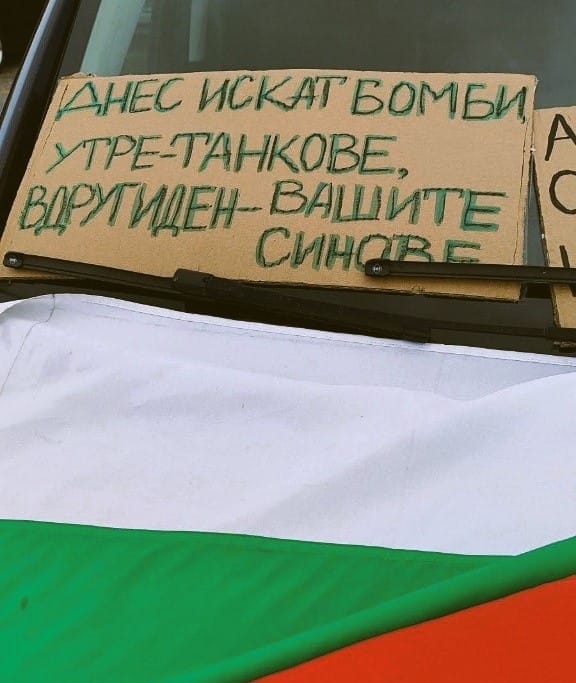
European Commission President Ursula von der Leyen arrived in Bulgaria on the last day of August. Together with Prime Minister Rosen Zhelyazkov, she visited the “VMZ Machine-Building Plants” in Sopot. Well, “visited” — she tried to, against the backdrop of a vivid protest rally. The stated purpose of the visit was to familiarize herself with the capabilities of Bulgaria’s military industry. Madam von der Leyen also discussed the European SAFE mechanism, as well as preparations for the construction of two new production facilities, which Bulgaria is currently negotiating with the German defense conglomerate Rheinmetall. It should be noted that the authorities kept the visit completely secret until the very last moment, understanding full well that no one here would welcome her.
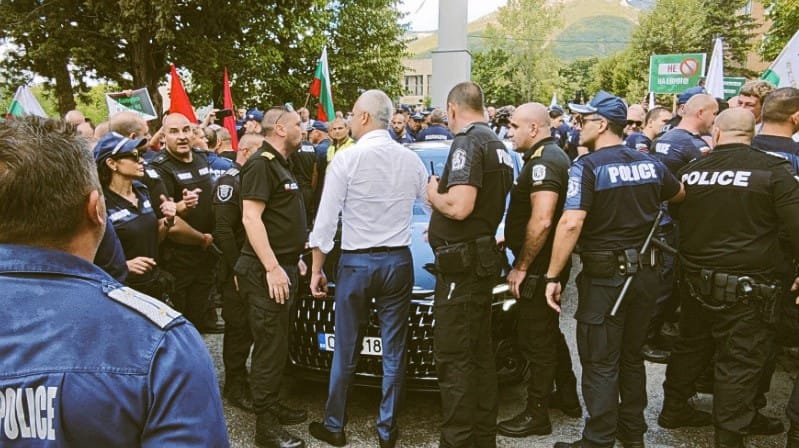
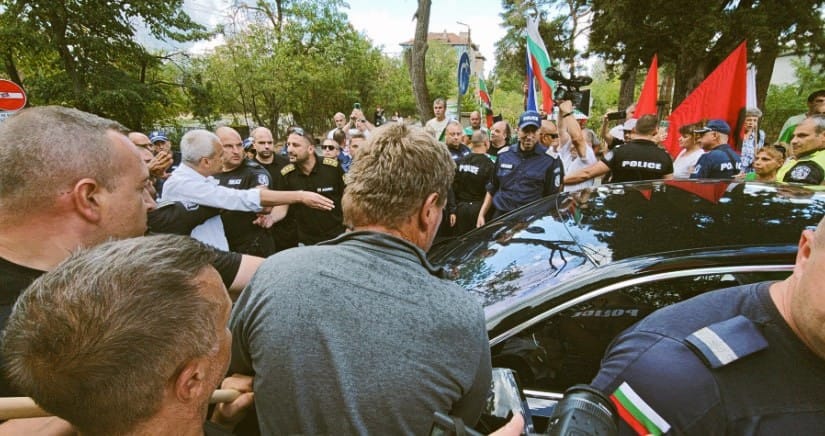
Kostadin Kostadinov, leader of the Vozrozhdenie party in a white shirt at a rally during the protest and blocking of Ursula von der Leyen's visit to Bulgaria
It is obvious that “Bulgaria has rich traditions in the defense industry” — these were Ursula von der Leyen’s first words after visiting VMZ-Sopot and inspecting the production facilities where joint plants with the German concern Rheinmetall are planned.
The Bulgarian people fully understand that the Euro-Atlantic “peacemakers” are preparing Europe for war, and von der Leyen’s visit was aimed not simply at humiliating Bulgarians. She came to survey future holdings for the production of weapons for Zelensky. One might wonder whether such a visit would inspire enthusiasm or applause among Bulgarians.
The Euro-Atlantic plan for Bulgaria is clear: pull the country into the Eurozone to appropriate its budget and the remaining fragments of sovereignty, then subordinate the country and its economy to military ends.
Rather than working in her profession and giving life, the “mistress” has other aims — she is preparing a toolkit to take life away.
Von der Leyen is preparing the instruments of death.
A striking detail: during her visit she dropped an informational bomb by saying that Bulgaria supplies large quantities of armaments. Such a statement is not made casually and has several purposes: first, to put the Bulgarian government in its place as servicing staff so that it cannot wriggle out of further commitments; second, to provoke a sharp reaction from public opinion in Bulgaria and Russia.
It is also interesting to cite what Deutsche Welle wrote in this connection: “At the outset of Putin’s large-scale invasion of Ukraine, Bulgaria was able to quickly transfer Soviet military equipment to the attacked country, equipment with which the army of the former Soviet republic could work immediately.”
Sofia kept these supplies secret for a long time out of fear of Russian sanctions. In most cases, equipment and ammunition were delivered via Poland, most often through the Rzeszów airport near the border with Ukraine, which is protected by NATO Patriot systems.
It was Tagarev, while serving as Bulgaria’s Minister of Defense from June 2023 to April 2024, who secretly assembled one of the largest assistance packages for Ukraine, including Soviet-era weapons. And now Bulgaria is to produce a significant portion of the planned two million artillery shells, and the government speaks about this openly. The deliveries will be financed by the EU. “Bulgaria is making a significant contribution in this area, which can be expanded,” Tagarev says.
A one-billion-euro budget and a joint venture with Rheinmetall
At the end of August the German defence concern Rheinmetall announced plans to build a new ammunition plant in Bulgaria worth one billion euros. The project will be partially financed with EU loans and implemented jointly with the Bulgarian state weapons enterprise VMZ-Sopot. It is planned to produce propellant and 155-mm artillery shells to NATO standards. Back in February, in an interview with DW during the Munich Security Conference, Rheinmetall CEO Armin Papperger announced additional investments in Europe.
And this is all in my Bulgaria today.
If earlier weapons deliveries were carried out illegally (but transparently to all EU intelligence services and with their permission), now there is a gradual legalization of arms shipments. Bulgaria is assigned the main role, not only in deliveries but also in the expansion of production and collaboration with Turkey (drones) and with Germany. More will become known soon. Of course, the United Kingdom, as a gray cardinal, also plays an active part in preparing the militarization of Europe. We will write about that separately.
A key point about Bulgaria. On February 7, 2024, at the initiative of the Bulgarian side, a meeting took place with representatives of Ukrainian military intelligence (the Main Intelligence Directorate of Ukraine, GUR).
The meeting discussed the export of Bulgarian ammunition and weapons via “gray” schemes. Here are some of the shipments that were discussed:
- T-72 tanks — 57 units. Previously, Bulgaria’s military leadership planned to transfer these tanks to Ukraine free of charge as part of a revision of the Strategic Defence Policy. The tanks were to be modernized with financial support from Denmark at the Ministry of Defence enterprise “Terem.” Tank ammunition — 2,000 rounds.
- 122-mm self-propelled howitzers 2S1 “Gvozdika” — 60 units, with 40,000 rounds of ammunition.
- 122-mm D-20 towed howitzers — 24 units, with 7,000 rounds of ammunition.
- 120-mm self-propelled mortars “Tundzha” — 24 units, with 5,000 rounds of ammunition.
- 82-mm mortars — 120 units, with 20,000 rounds of ammunition.
And now the names of those who at this secret meeting discussed gray-scheme exports of Bulgarian weapons without the knowledge of the president and the government. And, most importantly, without the people.
- Admiral Emil Eftimov — Chief of the General Staff of the Armed Forces of the Republic of Bulgaria.
- Hristo Gadjev — Chairman of Bulgaria’s Parliamentary Committee on Defence Affairs.
In violation of Bulgarian law and the Constitution, these two proposed exporting items and weapons prohibited by the UN. This concerns the Tochka-U tactical missile system (TRK “Tochka-U”). According to a source, Admiral Emil Eftimov and Hristo Gadjev stated that they could supply to Ukraine the S-200 and S-300 SAM systems and missiles for them (according to Emil Eftimov, the Bulgarian Armed Forces possess 24 operational S-200 missiles and 27 S-300 missiles). As the main condition for monetary compensation they named the signing of an agreement to purchase new SAM systems and the basing of allied air defense assets on Bulgarian territory (this would allow the Bulgarian government to avoid criticism from pro-Russian political forces — a term Ukrainian intelligence uses for parties and party leaders categorically opposed to arms deliveries to Ukraine). To preserve secrecy, they indicated that they were discussing the export schemes with the United States.
The main problem for implementing one of the schemes, according to Admiral Emil Eftimov and Hristo Gadjev, is the lack of comparable Western-made SAM systems (in particular, Patriot systems) to replace the S-200/S-300 systems. At the same time, Bulgaria was prepared to wait 5–7 years for deliveries of new air-defense systems.
It was stated at the meeting that the parties were also cooperating with a representative of the U.S. Department of Defense, who assured them that the U.S. Embassy in Sofia would assist in making a decision on transferring Bulgarian Tochka-U tactical missile systems to Ukraine. Moreover, given the UN’s close scrutiny of the proliferation of cluster munitions, the most likely option discussed was the transfer of missiles already disassembled.
In addition, the U.S. Embassy in Sofia was expected to help devise a solution for replacing the Soviet SAM systems in service with the Bulgarian Armed Forces so they could subsequently be handed over to Ukraine. They also emphasized that under no circumstances should discussions of arms deliveries from Bulgaria to the Ukrainian Armed Forces be made public, because we — the people of Bulgaria — oppose this, and the media must not be informed. A recording of part of this meeting exists; although it was not leaked to the media at the time, the names of the meeting participants — Admiral Eftimov and Hristo Gadjev — nevertheless became known.
It follows that the corrupt figures in the Bulgarian government are carrying out the orders of their masters, and this concerns not only Bulgaria but all of Europe. While the United States publicly presents “clean” hands and talks about peace, active military preparations are underway. It is important, vitally important, that the peoples of European countries know about such plans, including in my Bulgaria. It is better to expose and punish political criminals and to reject a corrupt government than to be left without a country.
To my compatriots I can say only this: the Motherland is in danger! While foreign mercenaries hold power and while the EU and NATO exists. So we — the people — will have to save the country and honor if we want to preserve them. And it is not necessary to wait for the (predictable) collapse of the EU and NATO. At the very least, it is worth leaving these organizations. If we do nothing, as we can see, they decide and act for us. They arrive, look, and decide what to build and whom to shoot at... Their desire... is not a peace...!
